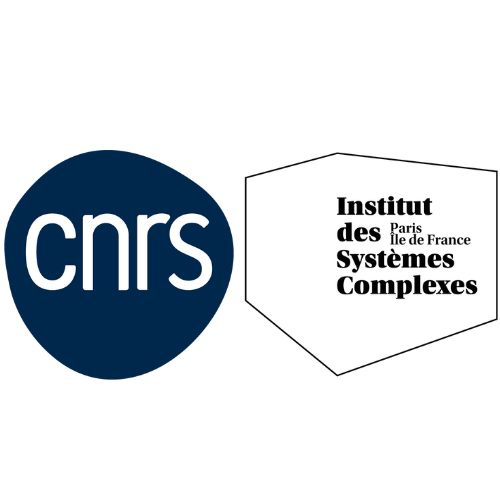
The new OpenMOLE is Mostly Magic!
The OpenMOLE team is very proud to disclose “Mostly Magic”, the 6th major version of OpenMOLE!
As a reminder, OpenMOLE is a software for parameter exploration, optimisation, data processing which allow a simple access to large scale distributed execution environments. It has been designed to be useful for a wide range of users and is usable even for people with no knowledge in distributed computing.
You can discover and download this free and open-source software at https://www.openmole.org
If you want to try OpenMOLE without installing it, you can go here : http://demo.openmole.org. Click on “connect” without entering a password and then click ont the little cart to install examples. This is a very raw first version of the OpenMOLE demo site; it reset every 2 hours and has not been designed to support multiple users, but it gives you a good idea of how it works.
What’s new?
- A new task has been introduced, the CARETask. It makes it easier than ever to run your applications and their dependencies (C, Python, R, …) in OpenMOLE
- The access to EGI is now base on DIRAC and webdav. It is more reliable, more scalable an more efficient
- A Path type is now available in samplings to avoid copying files over local networks (use with Clusters and shared file systems only, not on EGI)
- Authentications are now tested when they are created. Valid authentications methods are marked with a green OK tag and can be used in the workflow
- The optimisation methods have been redesigned to be easier to use
- A new import wizard is here to ease the integration of your programs in OpenMOLE
- The file browser of the GUI has been revamped and its now fast and handy
- The execution panel has been widely improved.
- A new democratic (or is it?) process to decide on the release name 🙂
What’s to come in next release?
- First we plan to avoid as much as possible the long release cycles such as this one, we will make our best to shorten the release cycle of OpenMOLE to a few months.
- A new website is under development (thanks Paul & Etienne aka jQuery team)
- The documentation will be emporered with a search function in the documentation (thanks Julien!!!)
- A new ContainerTask will offer support for Docker / OCI containers
- A modular OpenMOLE, with additional plugins enabled on demand
- Improvement of the interface to be even more user friendly, with more tooltips and integrated help.
- Tutorials can be written in markdown!
What’s on our mind for 2017?
- A multi-user version that you can install on a server and be used by several user at the same time
- The possibility to delegate computation to cloud provider such as Amazon, Azure… and cloud middleware such as open stack.
“Wow, that’s exciting, how can I help if…”
“I’ m a beginner?”
- suggest features through issues
- contribute to the documentation
- spread the word!
- “I’m an advanced user but I’m not sure I can hack in OpenMOLE?”
- write tutorials
- share your workflows on the Market
- invite us for tutorials / give a tutorial yourself (we can help!)
“I speak Scala?”
- implement features 🙂
- check the issue list and try to fix things (we’ll introduce finer labelling for easy picks)
“Great is that all?”
That’s already a lot! But if you like OpenMOLE show it to the world:
- Follow us on Twitter: https://twitter.com/OpenMOLE
- Star us on GitHub: https://github.com/openmole/openmole
- Cite our papers https://www.openmole.org/who_are_we.html
You can always test the development version of OpenMOLE at https://next.openmole.org. If you encounter bugs or difficulty, we always love to hear about it.
To contact us you can:
- join the mailing list to post your problems http://list.openmole.org
- report bug / suggest features on github: https://github.com/openmole/openmole.
- get support and chat with us at: https://chat.iscpif.fr/channel/openmole
We’d like to thanks the vibrant OpenMOLE community of developers and users. The community is really involved and it is a pleasure to work with you all!




Vous devez être connecté pour poster un commentaire.